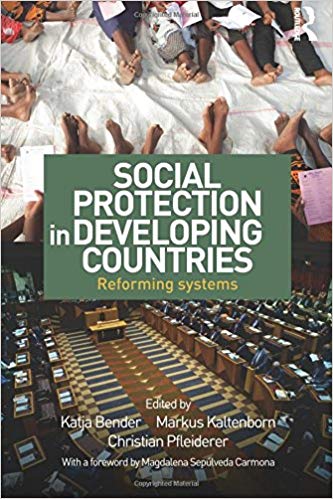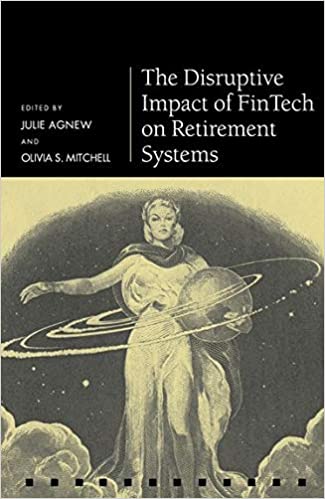Robert C. Merton and the Science of Finance
By Zvi Bodie Starting with his 1970 doctoral dissertation and continuing to today, Robert C. Merton has revolutionized the theory and practice of finance. In 1997 Merton shared a Nobel Prize in Economics “for a new method to determine the value of derivatives.” His contributions to the science of finance, however, go far beyond that. In this essay I describe Merton’s main contributions. They include the following: 1. The introduction of continuous-time stochastic models (the Ito calculus) to the theory...





